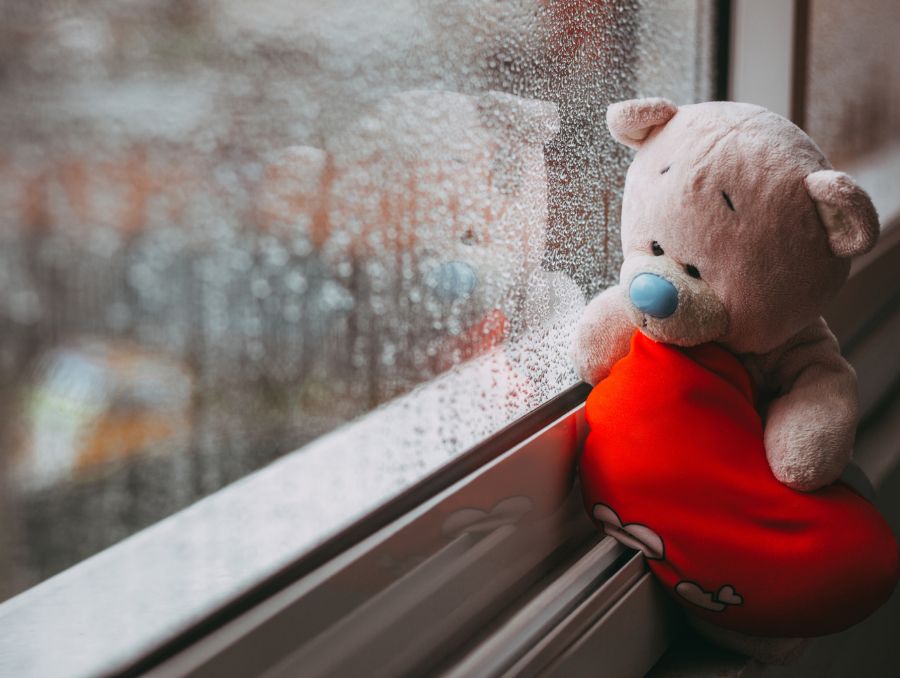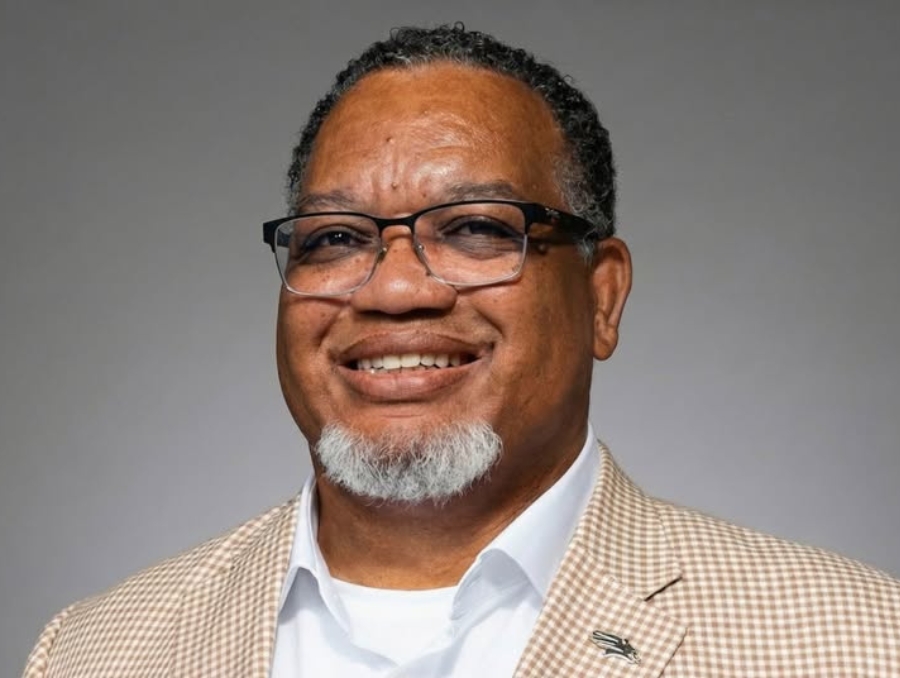
Find more answers here!
Many of us have not been offered guidance on one of the most universal — and most avoided — topics: grief. A simple truth that often gets overlooked is that grief is natural, it requires presence and listening and it never ends. People do not “get over” loss; instead, they learn to live with it.
Unprocessed grief can take a toll. We use the term unprocessed rather than unresolved because grief has no finish line — acknowledging and integrating it is an ongoing, lifelong process rather than a problem to be solved. Research shows that unprocessed grief is associated with increased anxiety, depression, social withdrawal, academic difficulties in children and physical health challenges across the lifespan (NW8 Adult Mental Health Initiative, 2019, November 25. How grief can make you sick.) Because of this, acknowledging grief effectively — our own and others’ — is essential.
Yet, many feel discomfort when someone shares a loss. As Parga explains, “It’s a club no one wants to belong to. But the magic is in reminding people they are not alone—and that it’s okay to not be okay.” The question becomes: What should you say when someone has died?
Practical guidance for meaningful conversations.
Set your intention.
Your goal is not to fix anything. Your goal is to make space for the grieving person to feel what they feel.
Create a safe space through language.
Swap “I’m sorry” for “I’m sad.” This shift centers empathy instead of sympathy and allows you to name the person who died:
- “I heard that ____ [insert name] died, and it made me sad.”
Offer conversation as a connection.
Brief, grounded invitations can open doors:
- “I’m here to listen if you ever want to talk.”
- “Do you want to talk about it? I’m here.”
Ask gentle, open questions.
- “If it’s helpful, would you like to share a favorite memory of ____ [insert name]?”
- “Do you know if there will be a service, funeral, or memorial? I’d like to help with ____ [insert a specific task you can actually do].”
Thank them for sharing.
It takes courage to let someone into grief.
Follow up.
- “I’ll check in with you ____ [give a date and time]”—and actually do it.
Become a do-er.
Practical support matters: school drop-offs, grocery runs, errands and childcare. Concrete help is often more grounding than words.
Above all, remember that being invited into someone’s grief is an honor and a privilege.
You may not know exactly what to say; they may not know how they want to grieve. But presence, intention and respectful curiosity create space for authentic healing.
This article is written in honor of Children’s Grief Awareness Day as a follow-up to a previous article about What to say to a young child about death.
About the authors
Emilio Parga is a lecturer for the HDFS 456: Death and Dying: Family and Lifespan Perspectives course. He is a Pediatric Thanatologist and the founder of The Solace Tree, a local non-profit organization that provides grief support to children, teens and adults coping with loss and is an internship site for Human Development and Family Science students.
Jenna Dewar is a faculty member in the Human Development, Family Science and Counseling department with a decade of experience as a Certified Family Life Educator with expertise in interpersonal relationships in pre-professional identity development.
















